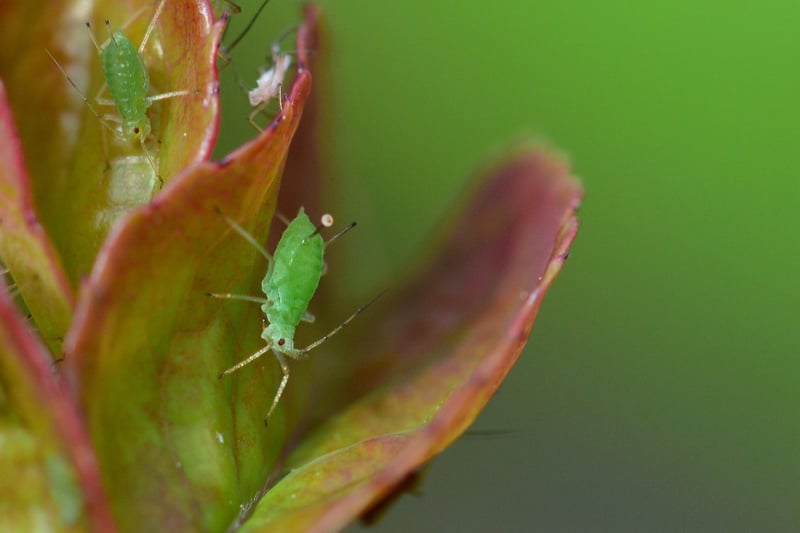Preventive Measures
Managing Garden Pests: Effective Strategies and Preventive Measures
Introduction
One of the challenges that gardeners face is dealing with pesky garden pests that can wreak havoc on plants and crops. In this article, we'll explore effective strategies to manage garden pests and preventive measures to keep your garden healthy and thriving.
Identifying Common Garden Pests
Before you can effectively manage garden pests, it's essential to know what you're dealing with. Some common garden pests include:
- Aphids: Small insects that feed on plant sap, causing leaves to yellow and curl.
- Slugs and Snails: These creatures chew on leaves and stems, leaving behind a slimy trail.
- Caterpillars: Larvae of butterflies and moths that can munch through foliage.
- Spider Mites: Tiny arachnids that suck plant juices, leading to stippled leaves.
Effective Strategies for Managing Garden Pests
Here are some proven strategies to deal with garden pests:
- Handpicking: Remove pests like caterpillars and beetles by hand and drop them into a bucket of soapy water.
- Biological Controls: Introduce beneficial insects like ladybugs and lacewings that feed on garden pests.
- Organic Sprays: Use organic insecticidal soaps or neem oil to control pests without harming beneficial insects.
- Row Covers: Cover vulnerable plants with physical barriers to prevent pests from reaching them.
Preventive Measures to Keep Pests at Bay
Prevention is key to maintaining a healthy garden. Here are some preventive measures to consider:
- Crop Rotation: Planting different crops in different locations each season can help disrupt pest life cycles.
- Healthy Soil: Well-nourished plants are more resistant to pests, so focus on improving soil health.
- Companion Planting: Some plants naturally repel pests, so interplanting them with susceptible crops can provide protection.
- Mulching: Mulch around plants to suppress weeds and create barriers that deter pests from getting to the soil.
Conclusion
By implementing these strategies and preventive measures, you can effectively manage garden pests and create a thriving garden that's less susceptible to infestations. Remember to monitor your plants regularly, stay vigilant, and take prompt action at the first sign of pest activity.


